Let's break it down to science. Your hair is made mostly of a protein called keratin. Inside keratin are copies of the amino acid (which are the building blocks of protein), cysteine. Cysteine bonds with other cysteine copies forming disulphide bonds. These tiny bonds are what hold the protein together and give it strength. This is the most important bond in human hair as it accounts for as much as 95% of your hair’s overall strength and toughness. However, it is easily broken when a substance of a pH of 5.5 or greater is applied. A common part of all bond-building treatments are the inclusion of amino acids — they work similarly to how keratin and protein treatments do, strengthening your hair with naturally-occurring ingredients — but on a much deeper level. Amino acids can work deeper into the hair shaft itself, past the cuticle and repairing the cortex.
During the perming, coloring, bleaching, and straightening processes, the chemicals break down the disulfide bonds and harden them into a new shape, resulting in what we call hair damage. Bond building hair treatments work to not only reconnect those bonds, so your hair is physically stronger, but create a glossy, healthy-looking seal over the hair protecting it from future damage from hot tools or root touch-ups.
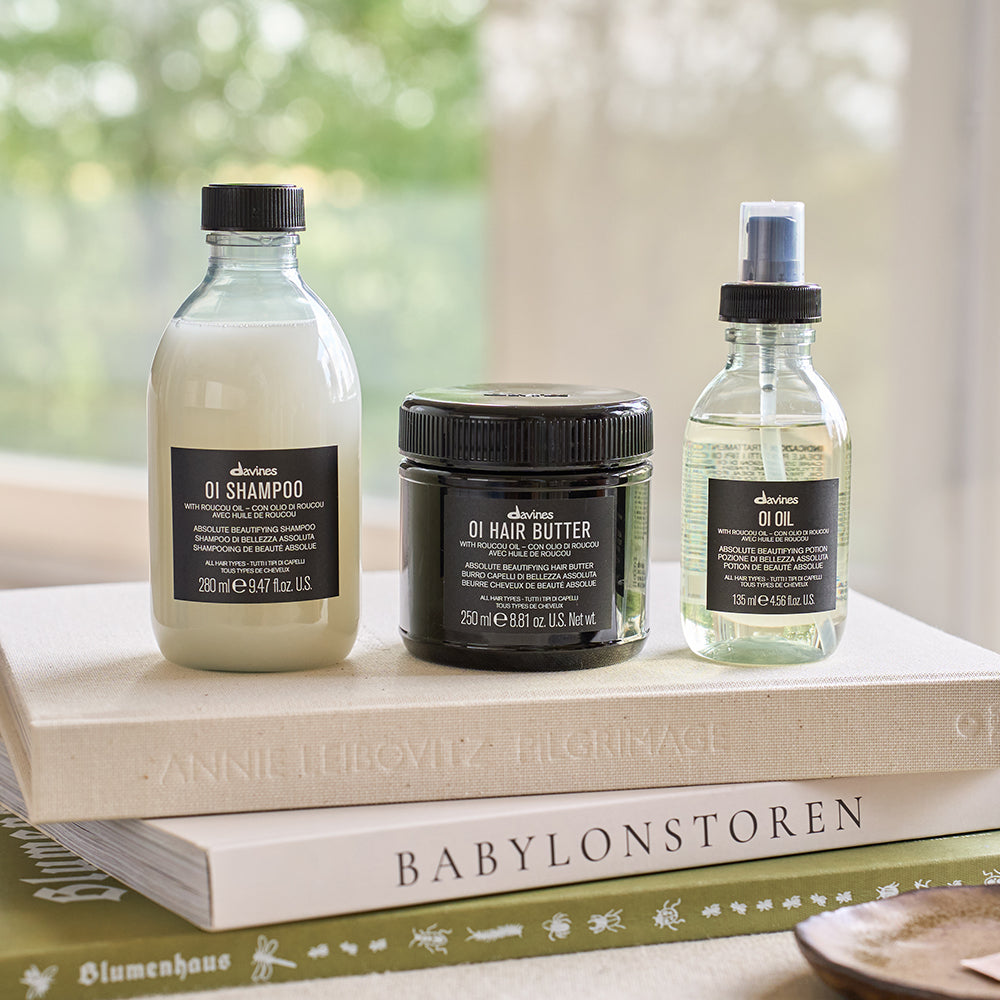
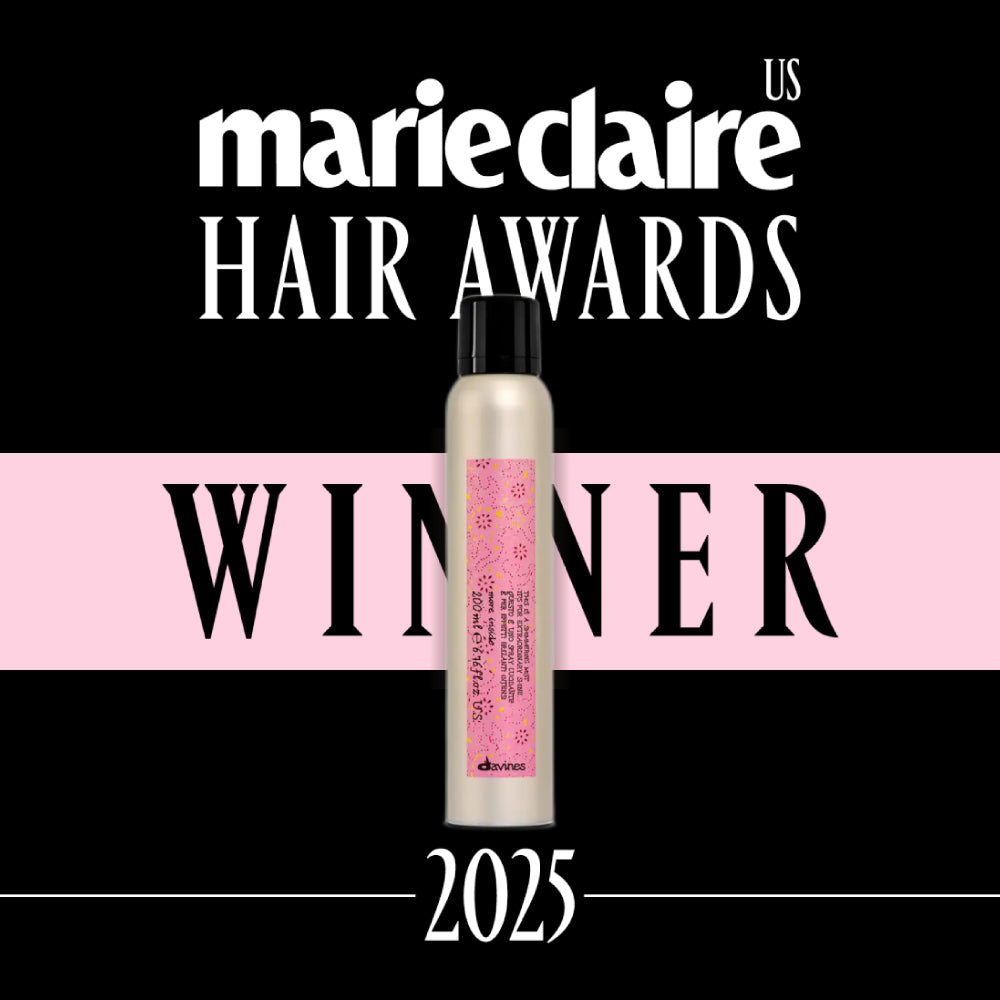
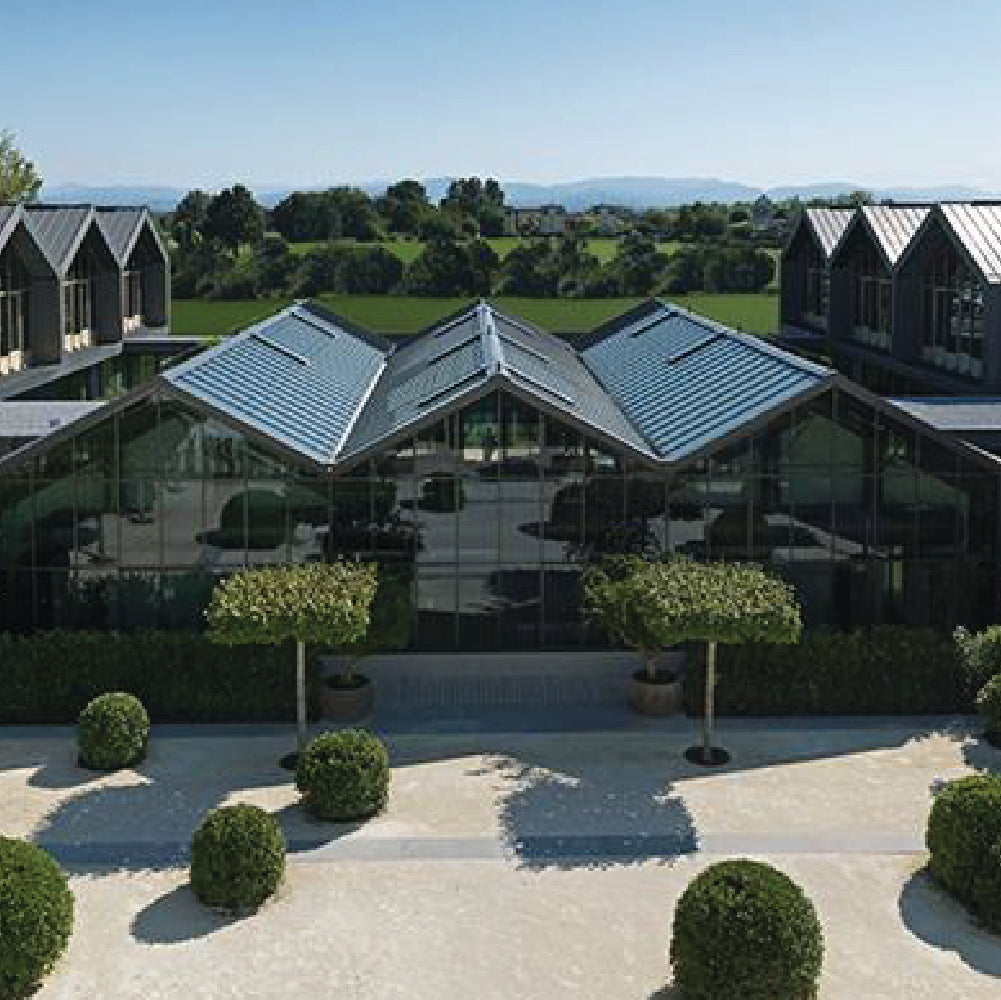
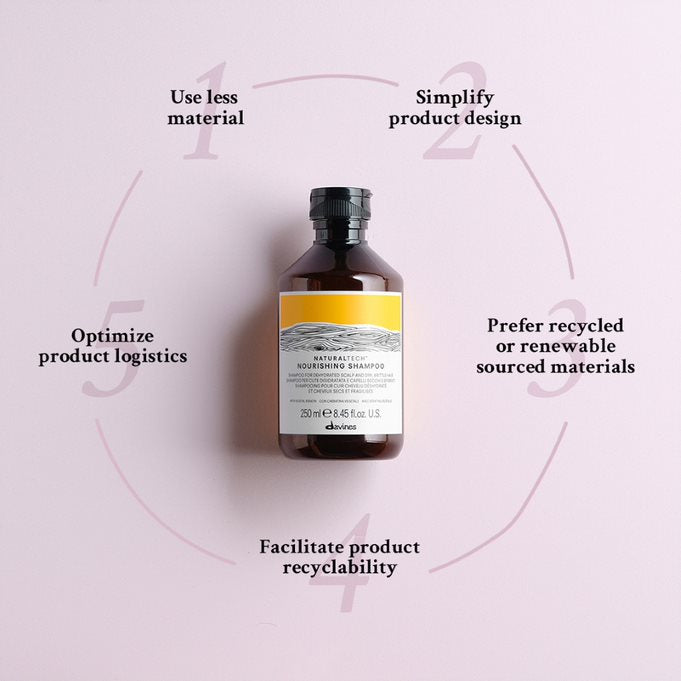
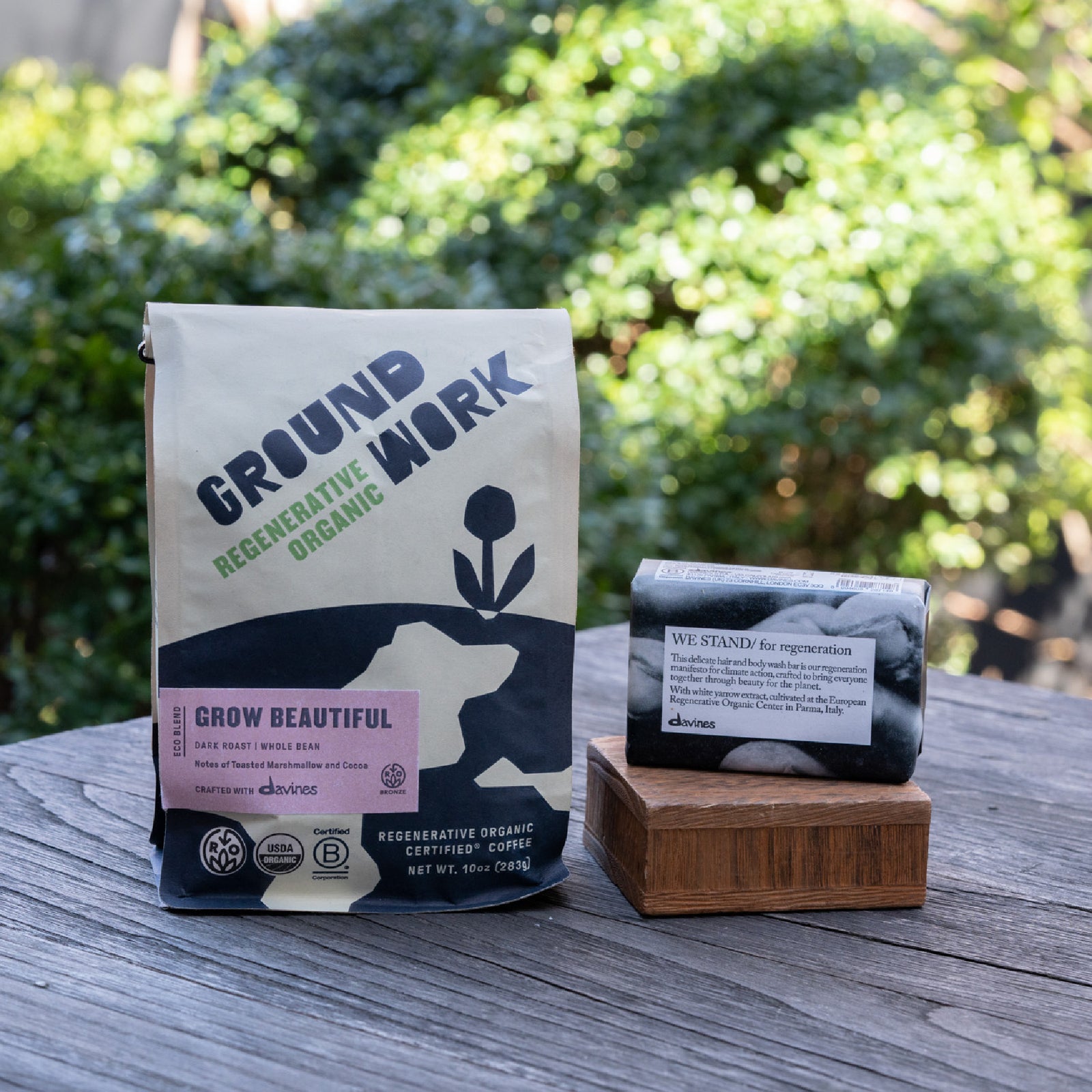
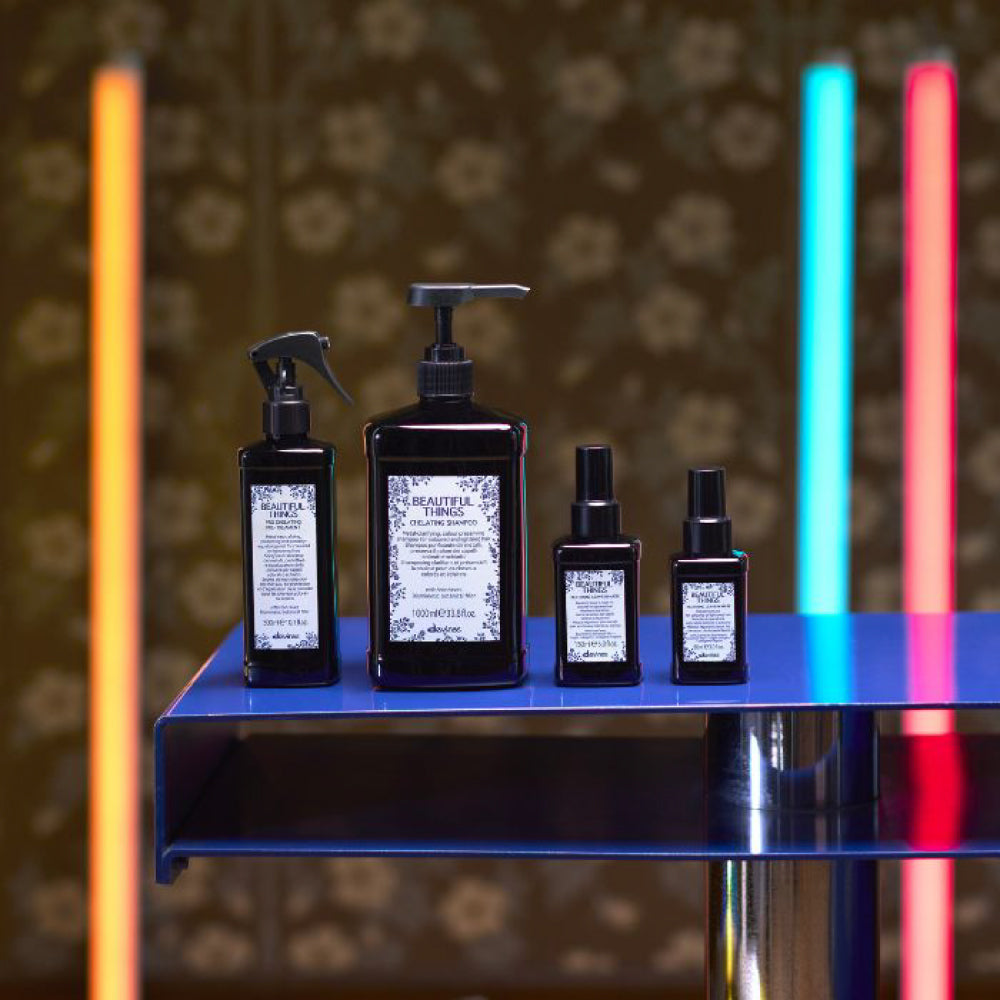
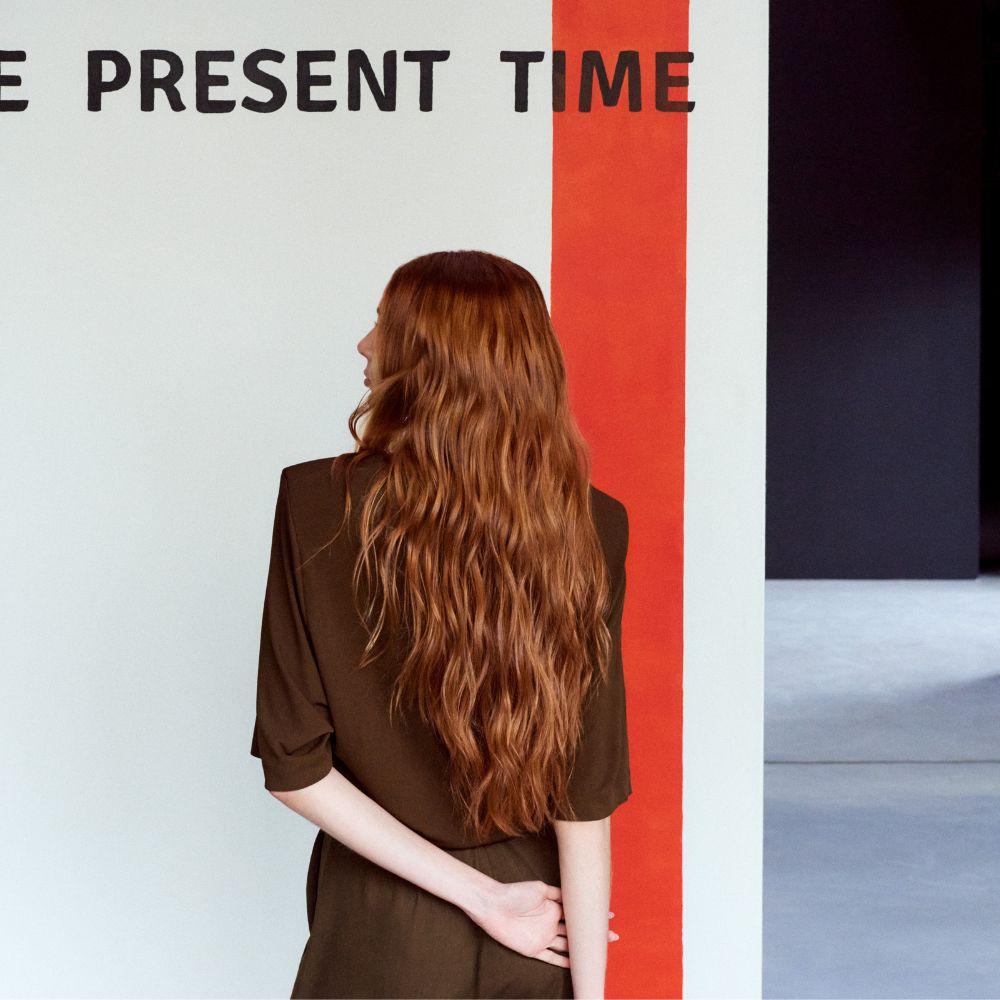
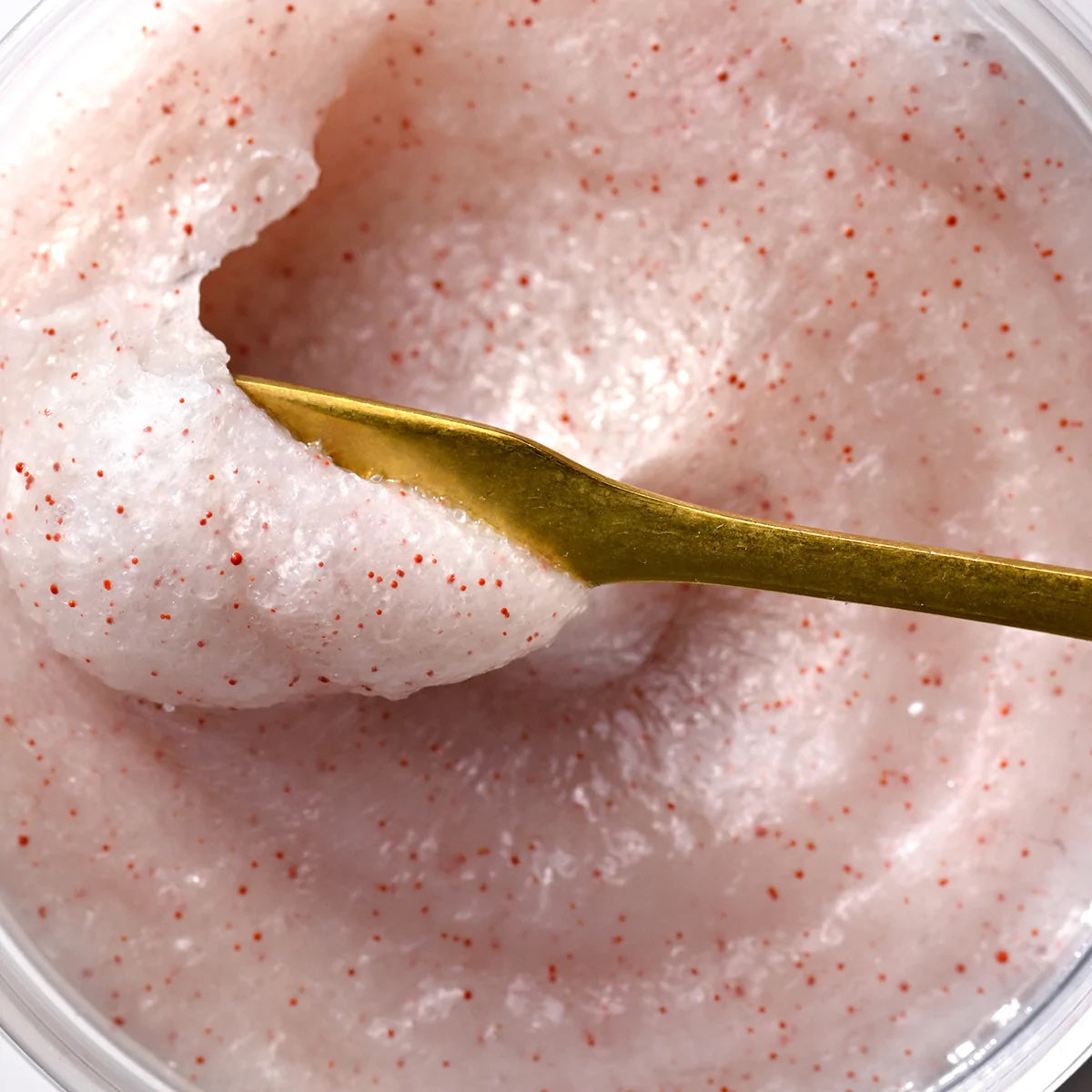
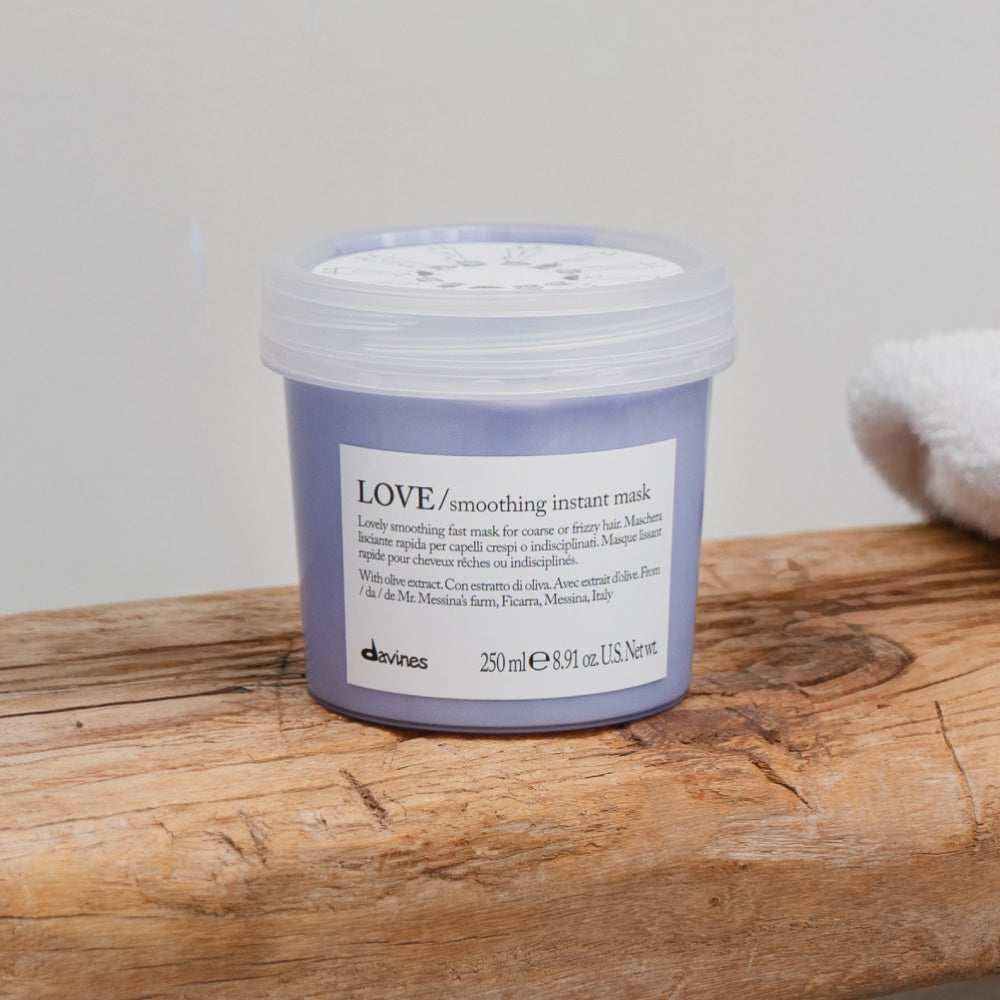
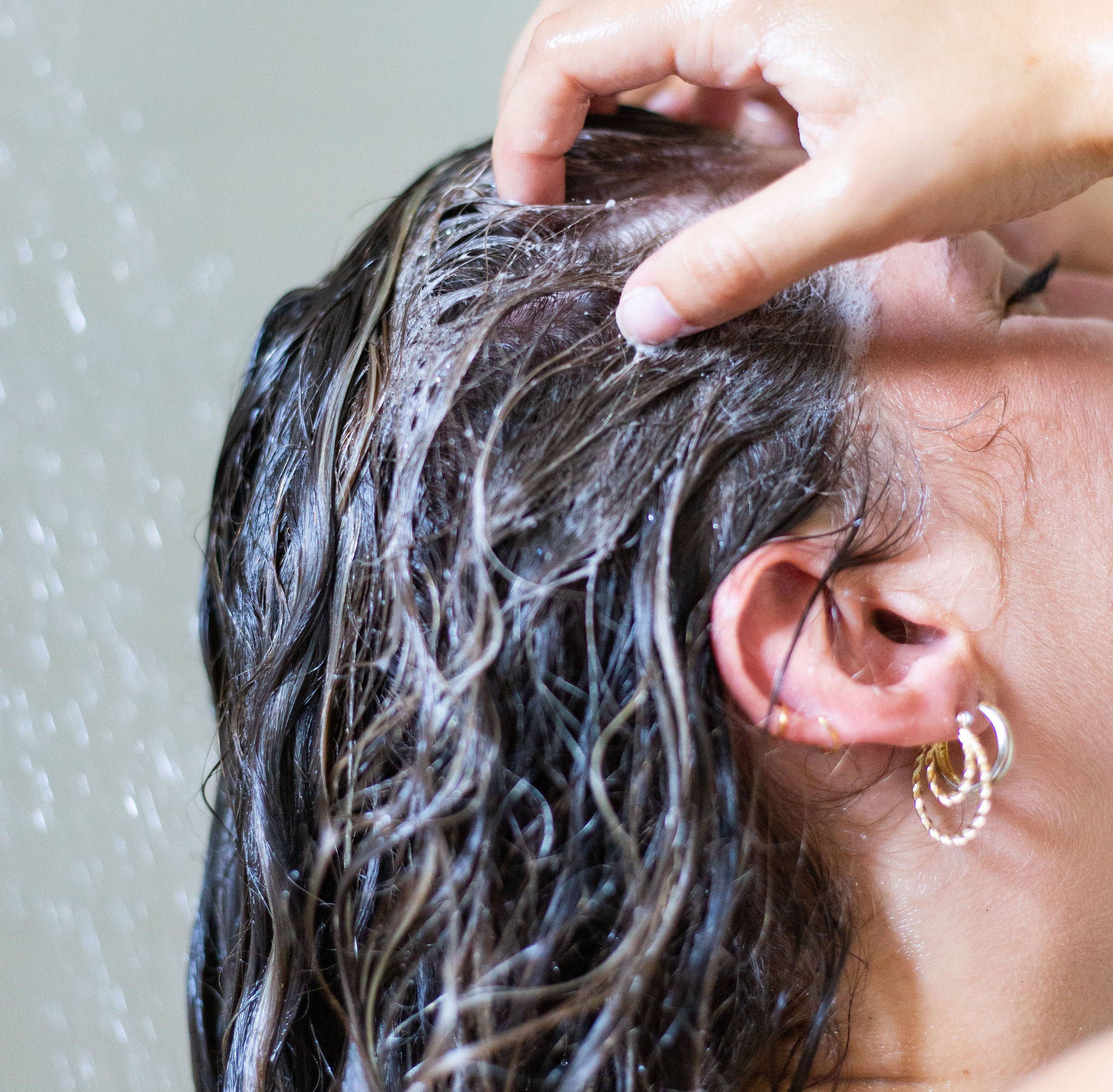
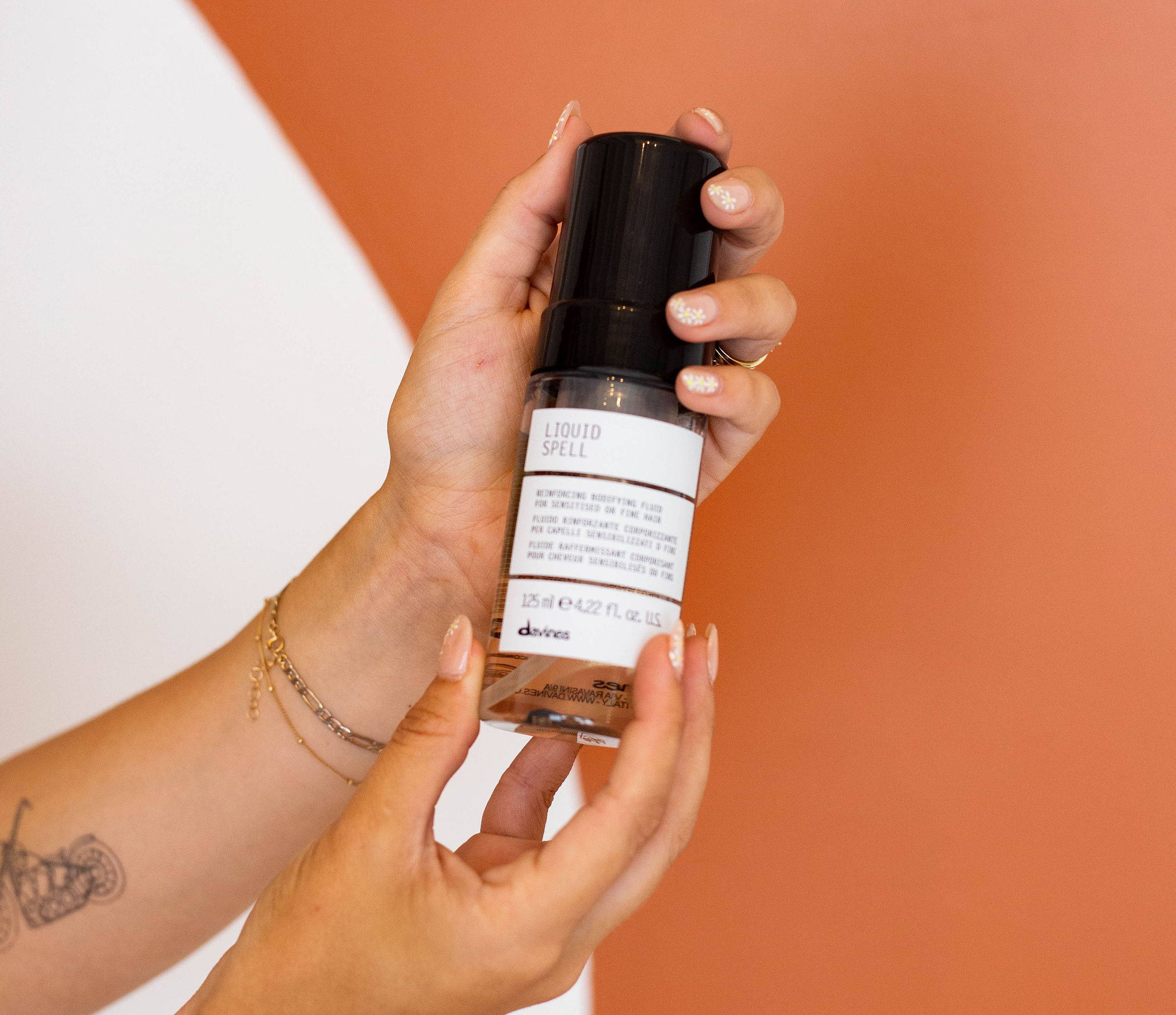



Leave a comment
Comments will be approved before showing up.